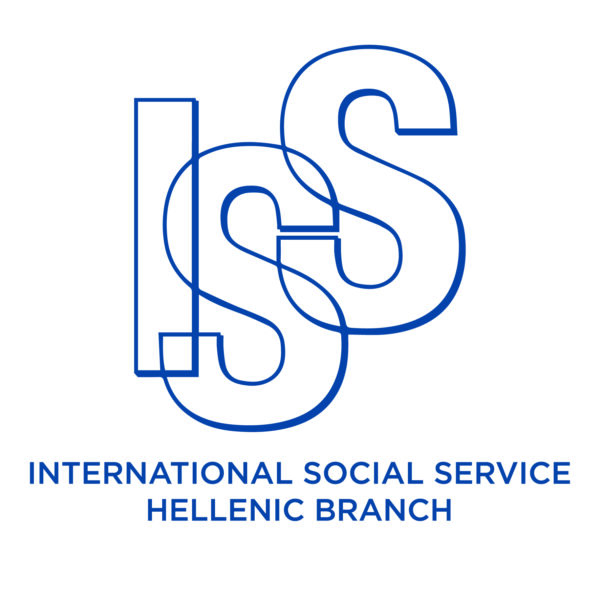Practices and Perspectives in Intercountry Adoptions

The project concerns intercountry adoption and at this stage we are interested in the processes that exist for the realization of an intercountry adoption. Greece, in the middle of the last century, was a sending country of children for adoption in in Europe and the USA. Towards the end of the 20th century, the terms were reversed and Greece became a receiving country of adopted children, coming from the former socialist countries of Eastern Europe, while today the international adoptions involve adopted children coming from African and Asian countries. The Statistical Service, while it has information on adoptions (last figures of 2017), has no specific information on intercountry adoptions, and the same lack of information exists in the National Centre for Social Solidarity. While no research into intercountry adoptions and adult adoptees has been conducted in Greece, there are foreign sources referring to Greek children who have been adopted abroad. The study proposed today aims to study the intercountry adoptions made in Greece by the Law Entities, among them the International Social Service – Hellenic Branch.
The purpose of the study is to examine the processes of intercountry adoption, with the contribution of adoptive parents, who have the personal experience, and of social workers of the Regions and of the International Social Service, who have the role and jurisdiction to evaluate prospective adoptive parents. By using questionnaires and interviews for adoptive parents and practitioners, data, which are considered necessary for assessing procedures and identifying deficiencies or problems, will be collected and analysed.
The actions to be undertaken are initially the study, which will be completed by analysing the quantitative and qualitative data gathered. On the basis of the analysis and the conclusions that will be drawn, proposals will be developed and submitted to the competent services. The processing of the results and the development of proposals will be done in collaboration with a group of adoptive parents at a special meeting. For the same reason, two workshops will take place (one in Athens and one in Thessaloniki), a round table discussion where experts, decision makers and representatives of Bodies and Services will be invited to express views and suggestions. Additionally, there will be publications in scientific journals as well as a good practice guide for prospective adoptive parents and professionals.
The target groups are adoptive parents, and professionals who work on intercountry adoptions. At the same time, there are those who will benefit indirectly from the project, such as the Central Authority of Intercountry Adoptions (KADY), the Association of Greek Social Workers (SKLE), professionals and students of social sciences, prospective adoptive parents and others.
The applicant project promoter is the only non-governmental service dealing with intercountry social issues since its establishment (1924) and has a long history of intercountry adoptions. In the specific project, its role and the role of the project team will be advisory and coordinating and will have the full responsibility for conducting the research, the data analysis, the dissemination of the results and the organization of advocacy actions.